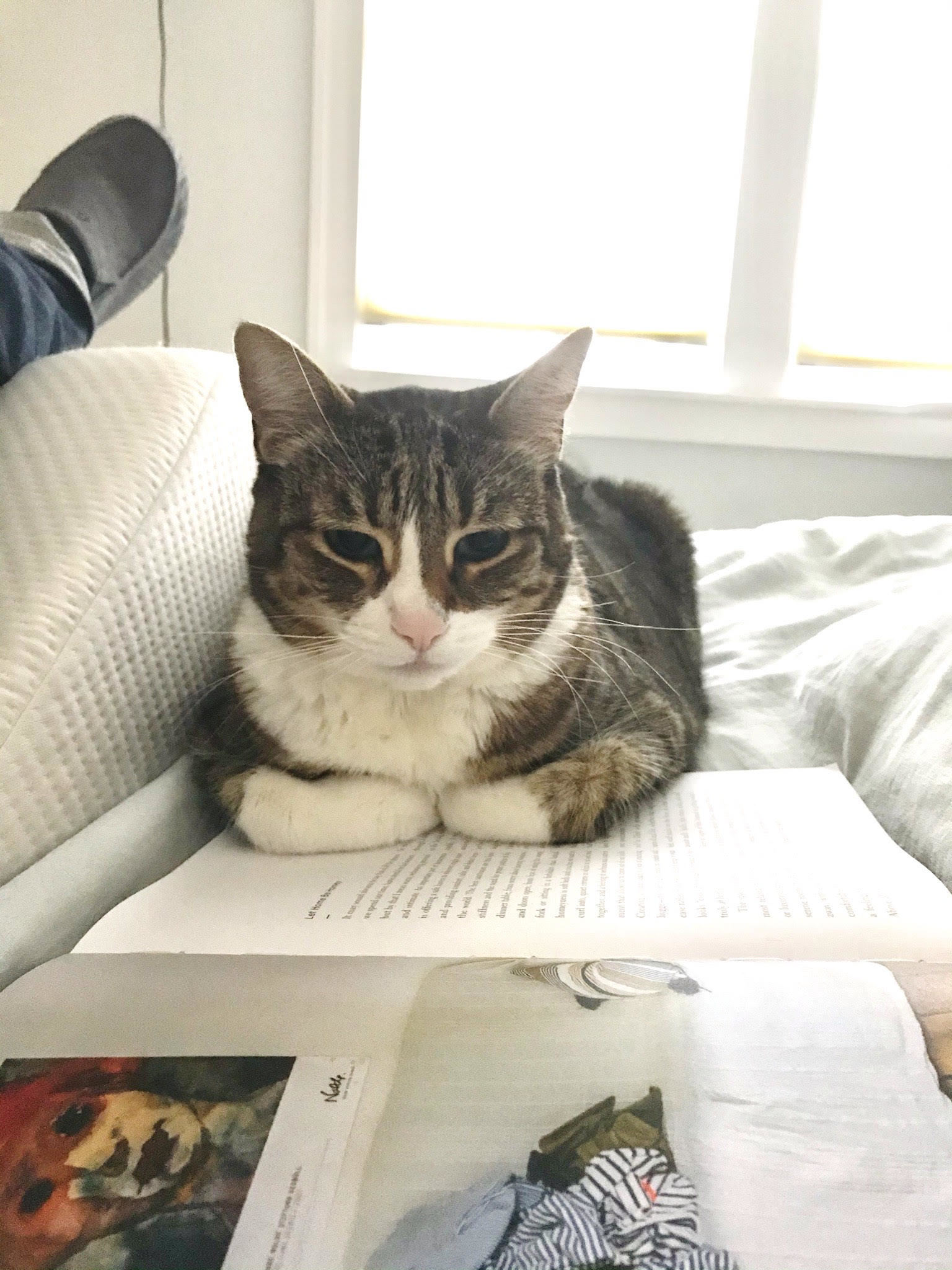For the first time in eight years, I have all of July off, a luxury, which means my friends are asking, “How are you spending your time?” The answer’s easy: Resting, relaxing, reflecting, recharging, reconnecting with friends, and reading. Another way to look at it: What I used to do in the early mo
For the first time in eight years, I have all of July off, a luxury, which means my friends are asking, “How are you spending your time?” The answer’s easy: Resting, relaxing, reflecting, recharging, reconnecting with friends, and reading. Another way to look at it: What I used to do in the early morning and late evening now happens during regular business hours. And I like it! (Maybe this is my version of lying flat, a grand protest of capitalism.)
The extra reading time yielded four great pieces this week, including this week’s lead article, “The Endless Robbing Of Native American Graves.” If you have time, read it in tandem with the second piece, which takes on the same topic from a different angle. Sadly, it turns out that our respect for the (Native American) dead is no match for pothunters wanting fame and fortune or for scientists wanting status and prestige.
The second half of this week’s newsletter takes a more hopeful turn, with a profile of an inspiring Black forager and a compassionate interview of poet Nikki Giovanni, who reminds us to find love. Please enjoy!

The Endless Robbing Of Native American Graves
When the FBI knocked on Don Miller’s door in Waldron, Indiana, seven years ago, he knew why they were there. His house was filled with cultural artifacts, sacred objects, and human remains -- 42,000 items in all -- excavated and stolen from Native American graves. But Mr. Miller did not believe he had done anything wrong. Hundreds of years of pothunting by white Americans had made the practice seem justified. But activism and legal challenges by American Indian tribes have propelled the federal government to crack down, sending pillagers to jail for their offenses.
Author Elizabeth Evitts Dickinson writes: “What compels a person to reach inside the grave of another and take what’s there? ‘There’s this notion that some people’s graves are for plunder because they are not considered to be fully people,' says Gabrielle Tayac, a member of the Piscataway Indian Nation and an associate professor of public history at George Mason University. ‘Everything can be owned, taken over and assumed by a conquering society.’ ” (25 min)
A Racist Scientist Collected Human Skulls. Should We Still Study Them?
If you visit the Smithsonian’s Museum of Natural History, you’ll encounter the remains of 30,000 Indigenous and enslaved people, gathered over the centuries by eugenicist Samuel Morton and his successors in biological anthropology. Since the murder of George Floyd, scientists like Janet Monge and Robin Nelson are leading efforts to question their field’s practices and to repatriate the specimens as a step toward healing and reconciliation. (15 min)
+ “These people did not ask to be prodded, they did not ask to be dissected, they did not ask for numbers and letters to be imprinted upon their remains. They had their lives stolen from them. They deserve rest."

Foraging: Wild Food For All
Black forager Alexis Nikole Nelson brings an empty backpack to work every day so she can stuff it with burdock, mugwort, field garlic, and juneberries on her walk home in Columbus, Ohio. Despite bans on foraging that date back to Reconstruction and Indian Removal, Ms. Nelson and other BIPOC foragers are reclaiming the centuries-old tradition of searching for provisions to promote health and wellness. At the same time, they’re challenging the notion that foraging is only for the wealthy white elite. (10 min)
+ Big thanks to loyal reader and food connoisseur Kati for recommending this article.
Nikki Giovanni On 70 Over 70: “Everybody’s Job Changes”
In this warmhearted interview, poet, activist, and professor Nikki Giovanni tells stories from the Civil Rights Movement, gives respect to Black Lives Matter, and says she wants to learn how to make biscuits like her grandmother. She says, “I’m not scared of getting older, because I know this: I was born. I'm going to die. And the only thing I have to do in the middle is find someone to love." (43 min)
+ The episode begins and ends with tearjerkers: You’ll hear from Hiroshima survivor Howard Kakita and listen to how Ms. Giovanni misses her friend, Toni Morrison.
Thank you
for reading this week’s issue of The Highlighter. Did you enjoy it? Let me know by clicking on “Yes” or ”No” below. I like hearing from you.
Also, to our new subscriber Karaitiana, I hope you find the newsletter a solid addition to your email inbox. To our long-time subscribers (like Jacob! Julie! Jennifer!), you’re pretty great, too.
If you like The Highlighter, please help it grow. I appreciate your support. Here are a few ways you can help:
- Encourage a friend to subscribe by forwarding them today’s issue
- Keep my reading energy up by buying me a coffee
- Go all in and become a VIP member, like Abby
On the other hand, if you no longer want to receive this newsletter, please unsubscribe. See you next Thursday at 9:10 am PT!
Join the conversation